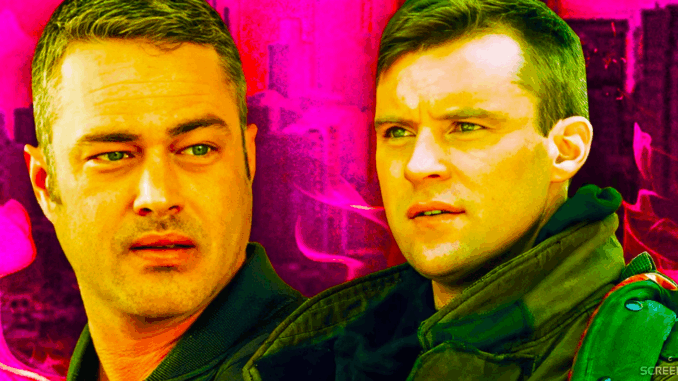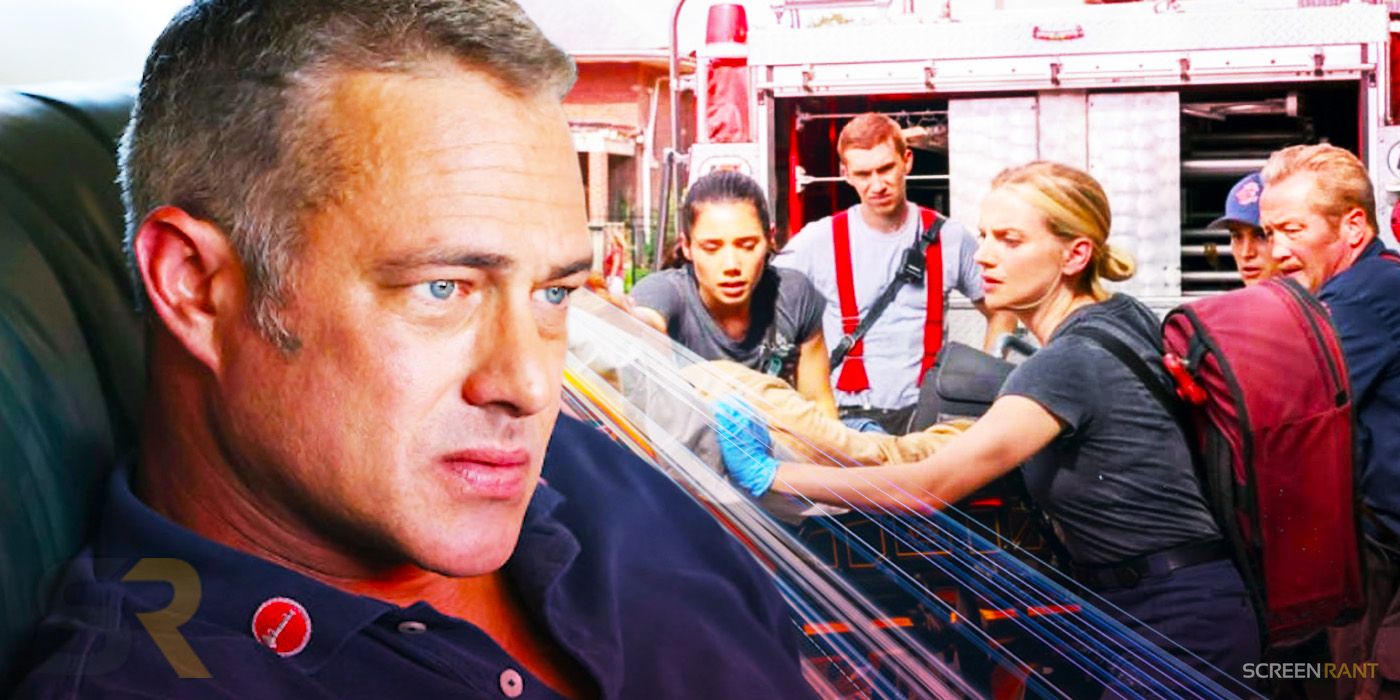
For over a decade, Chicago Fire built its legacy on more than rescues and emergencies—it built it on brotherhood. The silent nods between veterans. The late-night confessions in the bunkroom. The loyalty forged inside burning buildings. But as Season 14 approaches, the show stands at a dramatic turning point: the brotherhood is breaking.
With Matt Casey gone (again), Kelly Severide increasingly absent, and now Sam Carver departing, Firehouse 51 faces not just a personnel crisis, but a soul-searching one. What does Chicago Fire look like without its central men?
Matt Casey: The Moral Compass Has Left the Building
Casey (Jesse Spencer) was always the conscience of the team. Steady, brave, and quietly introspective, he anchored the firehouse—even when chaos reigned. His return in Season 11 for a special arc and surprise wedding in Season 12 gave fans hope for a long-term comeback. But that hope has faded.
Without Casey, the show loses more than a character—it loses its moral framework. There’s no one left quite like him: someone who could bridge the emotional distance between colleagues, resolve conflict without force, and lead without ego.
Kelly Severide: The Reluctant Legend in Limbo
No one embodies Chicago Fire’s pulse more than Severide (Taylor Kinney). From daring rescues to smoldering silences, Severide has defined the show’s intensity. But over the last two seasons, his sporadic absences have left a strange vacuum.
Each time Severide returns, it’s a jolt of energy. But fans are tired of asking whether he’s “really back” or just visiting. His relationship with Stella Kidd remains a central thread—but can a marriage survive on screen if only one half is consistently present?
As Season 14 looms, one thing is clear: Severide either needs to commit—or let go. The indecision is slowly unraveling what used to be one of TV’s strongest characters.
Sam Carver: The Tragic Successor Who Never Fully Arrived
Carver (Jake Lockett) wasn’t brought in to replace Casey or Severide—but at times, it felt like he was meant to inherit their burdens. His emotional volatility echoed Severide’s early seasons. His hero complex and inner pain were Casey-esque. And his slow-burning romance with Violet offered echoes of what the show lost with Brett and Casey’s distance.
But Carver’s story ended just as it was getting good. His exit after Season 13 feels premature, undercooked. He was finally becoming something rare in this universe: a flawed man trying to heal.
With Carver gone, Firehouse 51 loses yet another connection to the masculine emotional center the show once handled so well.
Rebuilding Without the Original Brotherhood

Firehouse 51 is no stranger to change. From Otis to Cruz, from Gabby to Brett, the cast has evolved constantly. But the backbone—the brotherhood of strong, emotionally layered men—remained intact for years. Now, that is gone.
What remains is a scattered crew of new dynamics:
-
Cruz, aging into veteran status and weighed down by grief and responsibility.
-
Gallo, coming of age in real-time, unsteady but promising.
-
Boden, more figurehead than field presence.
-
New recruits, still undefined.
The shift is subtle but seismic. The firehouse used to run on deep relationships forged over time. Now, it may rely more on structural change: leadership from Stella, more female-led storylines, and outsider perspectives.
That could work—but it requires a recalibration of the show’s identity.
Brotherhood vs. Belonging: A New Firehouse Philosophy?
Perhaps the real shift isn’t the loss of brotherhood—but the birth of something more inclusive.
Brotherhood was always powerful—but it was also limiting. It centered male bonding as the emotional engine of the show. Now, with Violet, Stella, Brett, and even Cindy Herrmann stepping into larger emotional roles, Chicago Fire might embrace a new value: belonging.
Belonging doesn’t require similarity—it requires commitment. And with a cast that now skews younger, more diverse, and more emotionally complex, this could be a good thing.
But make no mistake: the heartache over losing Casey, Severide, and Carver won’t disappear overnight.
The Future of Firehouse 51
Season 14 will test Chicago Fire‘s core promise: that no matter who leaves, the firehouse survives.
That promise has always been about more than cast lists. It’s about the idea that community can endure loss. That families—real or chosen—can reshape and rebuild.
But this next chapter will be its hardest yet. With no Casey, a flickering Severide, and now the loss of Carver and Ritter, the series must answer the question fans are afraid to ask:
Is this still the firehouse we fell in love with?